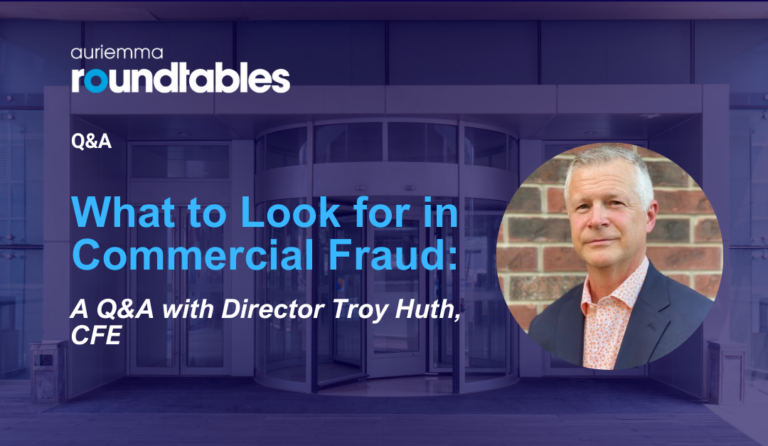July 29, 2024
The Risks of Debt Settlement Companies and the Benefits of Direct Negotiation
Sheldon Stewart, Director of Auriemma Roundtables’ Card Collections group, writes that debt settlement companies offer little value to struggling borrowers.
He examines the pitfalls of partnering with such firms and argues that directly negotiating with lenders offers a better path to debt resolution, with better outcomes in the long run.
By Sheldon Stewart
Debt settlement companies often promise to help consumers negotiate with creditors to reduce their overall debt load, but they frequently fall short of delivering real benefits. In fact, analysis of one contract revealed that, in some instances, borrowers may end up paying nearly as much or more money through a debt settlement company than is owed to the actual lender.
Downsides to Enrolling in Debt Settlement Companies’ Plans
Consumers that enroll in debt settlement companies’ plans often encounter downsides, including:
- High Fees: Significant fees for such services, often charged upfront and typically as a percentage of debt owed.
- Impact on Credit Scores: Oftentimes, debt settlement companies pursue borrowers who are current on some or all their accounts. Engaging with a debt settlement company usually requires these consumers to stop making payments on their debts, which leads to late payments and the corresponding impacts on credit scores.
- No Guarantee of Success: Debt settlement companies have no way to guarantee they will be able to negotiate a favorable settlement with creditors. Creditors are not obligated to accept settlement offers, and some may refuse to negotiate altogether.
- Continued Collection Process and Legal Action: Because debt settlement companies usually issue cease-and-desist orders to lenders, contracting with them can bring a stop to lenders’ collections contacts. However, it does not halt the lender’s internal processes. Instead, it often accelerates them, with lenders moving on to legal action. Settlement companies are not law firms and typically make no commitment to provide legal counsel in the event of a lawsuit. For the consumer, this could mean lawyer fees on top of paying for the debt settlement contract.
Benefits of Working with Lenders Directly
Meanwhile, the settlement companies’ core offering – debt negotiation – is already available to borrowers by contacting the lender directory. And when a consumer acts on their own behalf, they do not pay third-party fees. Other benefits working with lenders directly include:
- Tailored Approach: Direct negotiation with the lender provides borrowers with greater control and transparency throughout the process. Borrowers can communicate their specific financial circumstances and work out a plan that suits their needs. This tailored approach can lead to more favorable terms, such as reduced interest rates, extended payment plans, or even partial forgiveness of the debt. Lenders may be better able to offer flexible and cooperative solutions when they see borrowers actively engaged in resolving their debt.
- Minimize Credit Score Impact: Negotiating debt directly can also preserve credit scores. When borrowers negotiate directly with their lenders, they can continue making at least partial payments and expose their credit scores to less risk than stopping payments outright. Maintaining a higher credit score is crucial for future financial opportunities, such as securing loans or favorable interest rates.
- Faster Resolution: Without the need to go through a third party, borrowers and lenders can address issues promptly and work out agreements more quickly. This swift resolution reduces the period of financial uncertainty and stress for borrowers.
The Role of Credit Counselors
Credit counseling services, typically operating as nonprofits, operate separately from debt settlement companies. They typically focus on reducing monthly payments rather than the total amount owed. They may negotiate with creditors to extend the repayment period or secure lower interest rates.
Certified counselors provide education on credit, debt management, and financial planning, aiming to educate consumers on their options and to build a debt resolution strategy with an eye toward long-term financial solvency. Credit counseling services can charge fees, many operate at little to no cost to the consumer.
About Auriemma Roundtables’ Card Collections Roundtable
Oriented toward risk management, the Card Collections Roundtable provides issuers a platform to discuss collections strategy, delinquency and loss performance, and operational delivery in the context of a dynamic economic and regulatory environment. Participants gain understanding on how peer organizations balance collections and loss mitigation efforts with internal controls and external compliance requirements.
To learn more about membership in the Card Collections Roundtable, contact Tami Corsi



